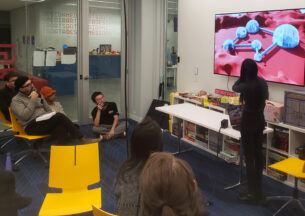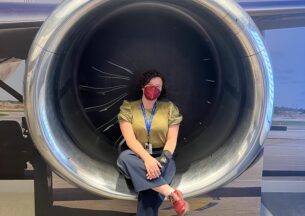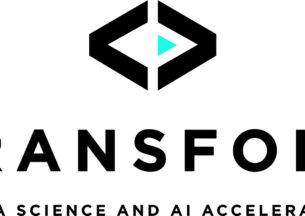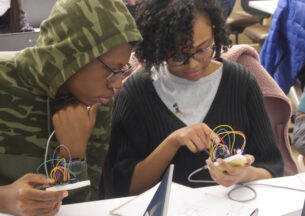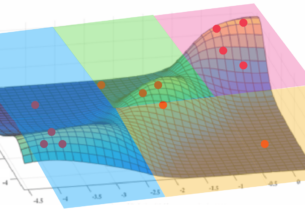Osnat Hakimi (UPC) - Creating a Curation Pipeline for Biocompatibility Data of Implants
Creating a curation pipeline for biocompatibility data of implants and experimental scaffolds from the scientific literature
Biomaterials are synthetic or natural materials used for constructing artificial organs, prostheses or replacing tissues. The last century saw the development of thousands of novel biomaterials, and in particular synthetic polymers and ceramics, with potential to revolutionise health care. However, the vast majority of biomaterial studies do not progress beyond the initial stages of scaffold design and preliminary testing (scaffold being the manufactured structure which supports cell attachment and subsequent tissue development). The generated scientific data remains available almost exclusively in the form of articles, patents and student theses. Project DEBBIE aims to create a database of experimental biomaterials by curating data from tested scaffolds into an open access database as a resource for scientists. A major challenge is curating the complexity contained in each unique manufactured scaffold or medical implant, which includes multiple features such as materials, structures, coating and manufacture methods (Mitragotri & Lahann, 2009). Thus, and as part of the effort to automate the bio-curation process, several tools are being sought and designed, including a new domain-specific ontology (DEB), meant to define classes and properties that reflect the complexity of the field and facilitate efficient identification of technical terms.
Host: Kyle Chard

Osnat Hakimi
Dr Osnat Hakimi earned a B.Sc. (Hons) in Biochemistry (Birkbeck college, University of London), and a Ph.D. in tissue engineering (Queen Mary, University of London). She is currently a Marie Skłodowska-Curie Fellow with the Biomaterials, Biomechanics and Tissue Engineering Group (Department of Materials Science and Metallurgy, UPC). Before starting her fellowship, she has been the head of biology at Beta-O2 technologies, a biotech firm developing an oxygenated encapsulation system for the implantation of stem-cell derived pancreatic beta cells.
Her academic career included a post-doctoral position at the University of Oxford, where she investigated biomaterials for musculoskeletal tissue regeneration, cell-material interactions and extracellular matrix proteomics. She has also spent a period as a CAPES post-doctoral fellow at the Federal University of the state of Rio de Janeiro, Brazil, where her research focus included the handling, analysis and interpretation of proteomics and metabolomics data. Her Ph.D. thesis was a comparative study of silkworm and spider silks as scaffolds for cell guidance and neo-tissue formation, and involved cell and molecular biology, biomaterials characterization, and advanced microscopy techniques.
Her current focus is the use of data in the field of biomaterials, and in particular in vitro and in vivo biocompatibility data generated by the scientific community. Her current project, in collaboration with the National Institute of Bioinformatics, aims to curate and organise such data into an open access database.






